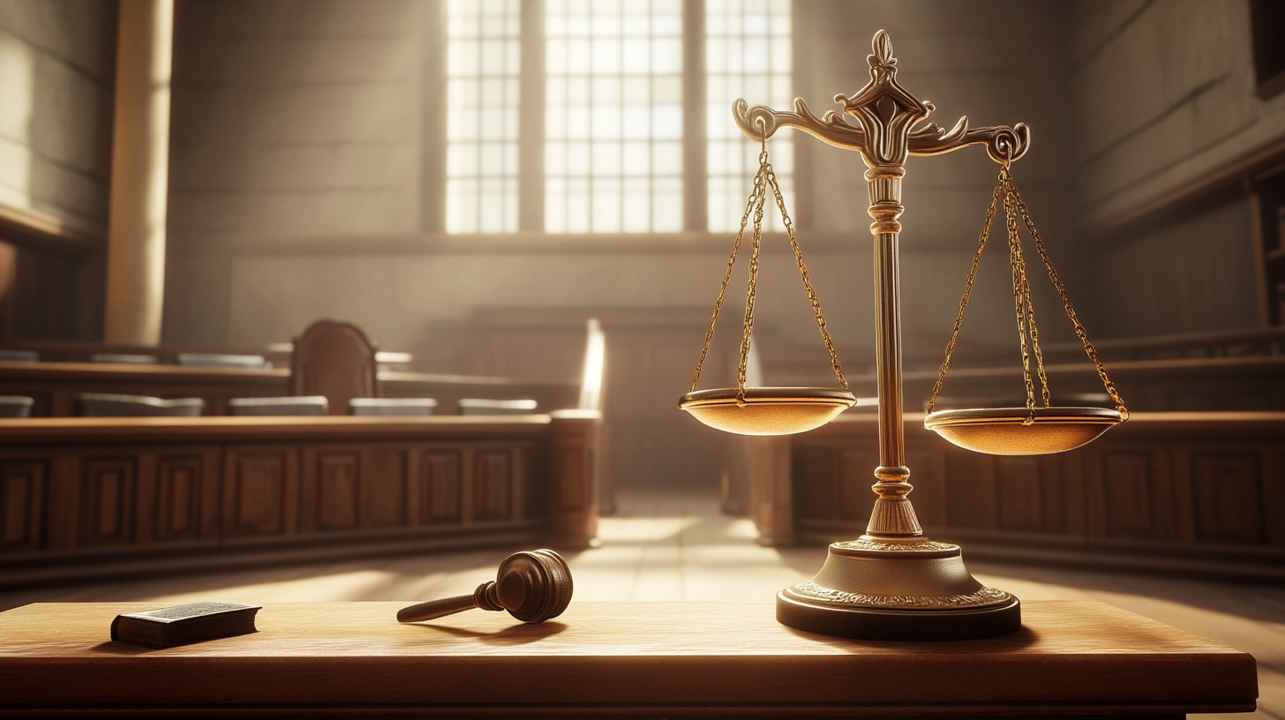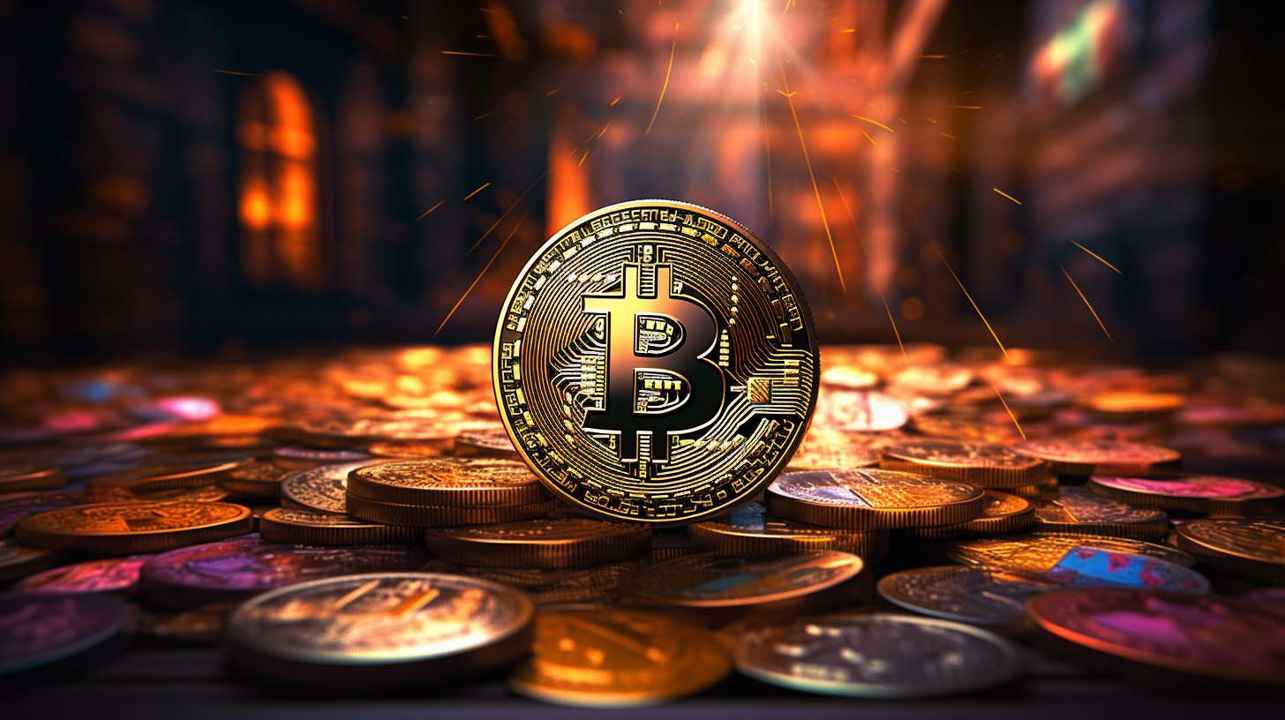Research paper makes further allegations regarding FTX's bankruptcy lawyers conflicts of interest
Quick Take Sullivan & Cromwell used “deceptive tactics” to get control of FTX from its former CEO Sam Bankman-Fried, a pair of law professors said in a paper published last week. The academics said it’s possible that Sam Bankman-Fried could have secured new funding if S&C had waited a few more days to file Chapter 11.
FTX's bankruptcy law firm Sullivan and Cromwell LLP is coming under a microscope amid allegations of potential conflicts of interest and bad ethics.
SC used "deceptive tactics" to get control of FTX from its former CEO Sam Bankman-Fried, said Temple University law professor Jonathan Lipson and University of Pennsylvania law professor David Skeel, in a paper published last week titled "FTX'd: Conflicting Public and Private Interest in Chapter 11."
"This Article has shown that, in relinquishing control of his companies at the behest of lawyers who appear to have been motivated by their own concerns, he was also 'FTX’d up,''' the professors said in the paper. "While we do not challenge the jury’s verdict or the company’s need to use chapter 11, we worry about BigLaw attorneys who marshal and manipulate arguments about the 'public interest' in order to advance or protect their own interests."
FTX filed for bankruptcy protection in November 2022. Its former CEO, Sam Bankman-Fried, was convicted of defrauding FTX users and investors in November 2023 and is currently awaiting sentencing, set for next week.
The bankruptcy itself has endured disagreements over SC's role. FTX creditors filed a class action against SC last month and alleged that the firm gained knowledge of the exchange's workings and ultimately supported it in its fraudulent behavior. Bankman-Fried has also said that the law firm pressured the exchange into bankruptcy and strong-armed him into naming John Ray lll as CEO.
"SC may have violated ethical duties of confidentiality, candor, and loyalty by reporting allegations of these crimes to prosecutors without client consent and by duping Bankman-Fried into giving control of FTX to Ray (whom SC chose) with promises that Bankman-Fried would play a significant role in the reorganization— promises SC surely knew were false," the professors said.
The professors said it's possible that if SC had waited a few more days to file Chapter 11, Bankman-Fried could have secured new funding.
A spokesperson for SC pushed back on the paper in a statement emailed to The Block.
“In an effort to support Mr. Bankman-Fried at the expense of his victims and the dedicated professionals who have worked tirelessly to rectify the harm he caused, certain academics and others have parroted, in obvious coordination, his false narratives in an attempt to elevate his standing and image before the court that is about to sentence him," the spokesperson said. "In fact, but for the work of a large team of committed advisors, including Sullivan Cromwell and others who have been unfairly maligned as part of Mr. Bankman-Fried’s defense strategy, billions of additional dollars would have been lost or stolen, and the recoveries to customers would be a fraction of what we can now expect. It’s time to put blame where it rightfully belongs.”
In a court filing on Wednesday, FTX CEO Ray said he and other board members were not connected to FTX, Bankman-Fried, or any other FTX Group leaders. He also called Bankman-Fried's past statements about no harm to customers "reckless" and "false."
Court-appointed examiner
Shortly after the exchange filed for bankruptcy, U.S. Trustee Andrew R. Vara asked a bankruptcy judge to appoint an outside examiner who could investigate the crypto exchange's collapse independently from the current FTX CEO John Ray III. Ray had previously opposed that and said the probe he was leading was sufficient. However, an appeals court later ruled in January that an independent examiner had to be put in place.
On Wednesday, U.S. Bankruptcy Judge John Dorsey appointed former Unabomber prosecutor Robert Cleary as examiner.
"An examiner may yet shed light, but SC’s resistance to that intervention means that much of the damage cannot be undone," the professors said in the paper.
Disclaimer: The content of this article solely reflects the author's opinion and does not represent the platform in any capacity. This article is not intended to serve as a reference for making investment decisions.
You may also like
Texas court reverses Tornado Cash sanctions worth $455M

Calamos launches Bitcoin ETFs with capped returns and protection

CME Group plans February 10 launch for Solana and XRP futures

Ethereum developer Eric Conner leaves for AI after 11 years

